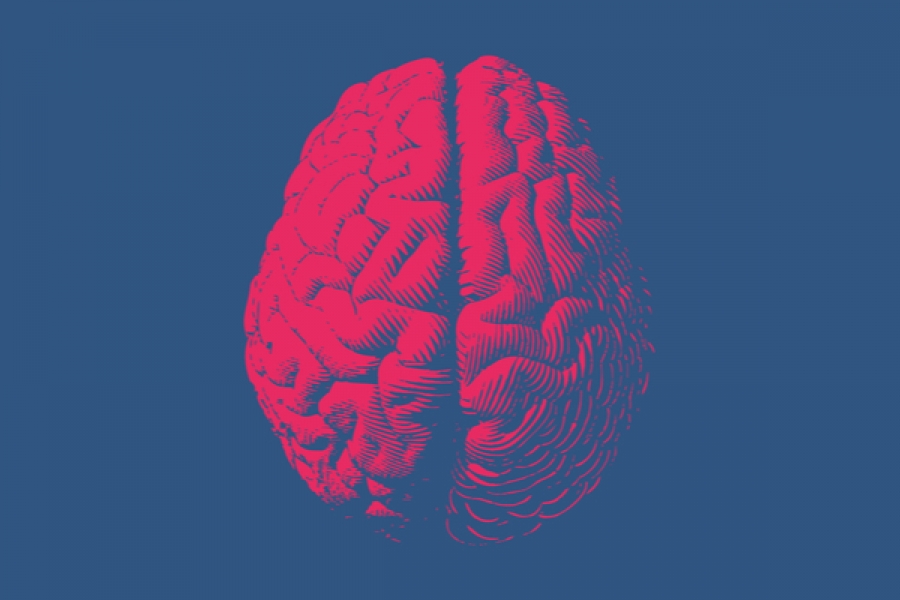The brain is the most complex organ in the human body. It controls your thoughts, your feelings, and even your behavior. Containing more than one hundred billion neurons, the complexity of the connections and neurological pathways in the brain can be mind-boggling. Every second, your brain forms one million new connections. The patterns and strength of these connections are always evolving. And when poor connections occur, things can quickly get out of balance and lead to a wide variety of symptoms, conditions, and disorders. Luckily, many weakened pathways can be strengthened or rerouted through neurofeedback. If you suspect you may need to retrain your brain, here’s a helpful guide to neurofeedback in Denver.
What is neurofeedback?
Neurofeedback is a natural, non-invasive, reward-based treatment for your brain. A healthy brain needs both fast- and slow-moving brainwaves to function optimally. Neurofeedback, which is a unique type of biofeedback, works to improve the electrical activity in the brain and promote self-regulation. In doing so, this therapy addresses the source of your unwanted symptoms.
What kind of symptoms and conditions can neurofeedback treat?
Neurofeedback can be an effective treatment for a wide range of symptoms and conditions. These may include anxiety, depression, ADHD and other focused-related disorders, ASD, memory loss, trauma, PTSD, migraines, sleep disorders, concussions, and traumatic brain injuries.
Who could benefit from neurofeedback?
In addition to treating the above-mentioned mental health conditions, neurofeedback can also be used to increase your overall mental performance. Many professional athletes and high-level business executives seek neurofeedback treatment to help increase their work performance.
Others seek neurofeedback simply because they want to improve their energy levels or decrease daily stress.
How does neurofeedback work?
Neurofeedback uses EEG sensors that are attached to your scalp to measure brainwave activity in real-time. When your brainwaves are within normal ranges, you receive a reward—usually, a movie or song plays. When your brainwaves move outside normal ranges, the movie or song stops.
This signifies to your brain that something is out of balance and it needs to figure out how to get the movie or song to play again. Over the course of your treatment, your brain will learn from this real-time feedback and long-lasting structural changes will occur. From there, your brain will function in a more optimal way long after your neurofeedback treatment has ended.
Benefits of neurofeedback
There are many reasons people seek neurofeedback treatment either instead of, or in addition to, more traditional treatment options. Some of the top reasons to consider neurofeedback in Denver include:
- It is a holistic, natural, and non-invasive treatment option
- There are no side effects to neurofeedback
- It treats the source of the problem, not just the symptoms
- It can greatly reduce or, in some cases, eliminate the need for medication
- And it helps patients feel more in control of their mind, body, and health
Talk to a specialist about neurofeedback in Denver
If you’re ready to learn more about neurofeedback in Denver, reach out to us at Braincode Centers. We offer free consultations so you can talk to one of our expert clinicians about the symptoms you’re experiencing and what you hope to gain from neurofeedback treatment.
What are you waiting for? Schedule your free consultation today to see if neurofeedback therapy is right for you.

